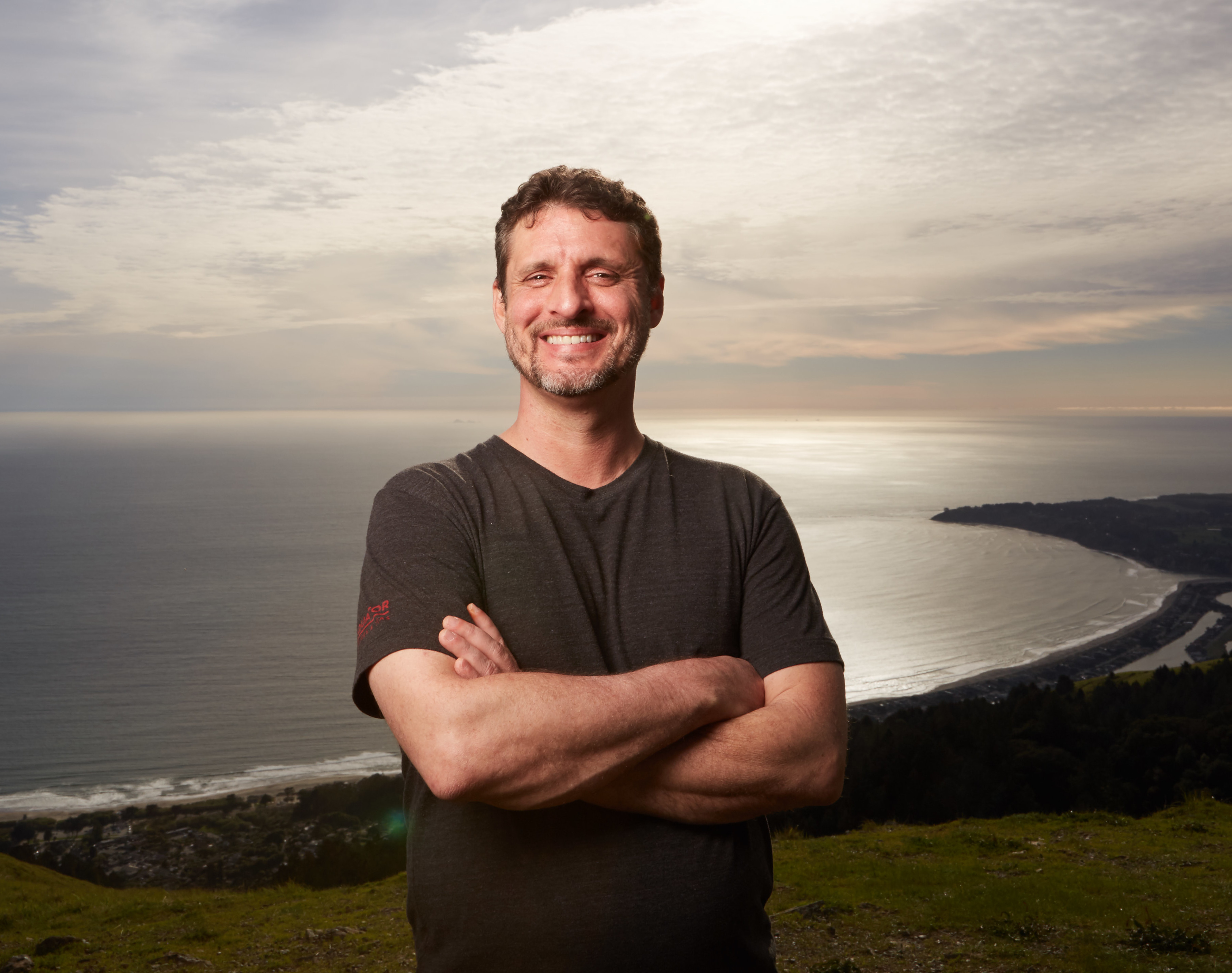"How curious, after all, is the way in which we moderns think about our world! And it is all so novel, too. The cosmology underlying our mental processes is but three centuries old–a mere infant in the history of thought–and yet we cling to it with the same embarrassed zeal with which a young father fondles his new born baby….
The world-view of any age can be discovered in various ways, but one of the best is to note the recurrent problems of its philosophers. Philosophers never succeed in getting quite outside the ideas of their time so as to look at them objectively–this would, indeed be too much to expect." (p. 1)
….
"Why, in a word, is the main current of modern thought what it is?" (p. 3)
….
"In the last analysis it is the ultimate picture which an age forms of the nature of its world that is its most fundamental possesion. It is the final controlling factor in all thinking whatever. And that the modern mind clearly has such a picture, as clearly as any previous age that one might wish to select, it will not take us long to see. What are the essential elements in that picture, and how did they come there?
Doubtless it is no mystery why, amid all the genetic studies entered into with such confidence to-day, the precise nature and assumptions of modern scientific thinking itself have not as yet been made the object of really disinterested, critical research. That this is true is not due merely to the fact, itself important enough, that all of us tend easily to be caught in the point of view of our age and to accept unquestioningly its main presuppositions: it is due also to the association in our mind between the authoritarian principle and that dominant medieval philosophy from which modern thought broke in succesful rebellion. Modern thinkers have been so unanimous and so vigorous in their condemnation of the manner in which large propositions were imposed on innocent minds by external authority that it has been rather easily taken for granted that the propositions themselves were quite untenable, and that the essential assumptions underlying the new principle of freedom, the manner in which knowledge was succesfully sought with its support, and the most general implications about the world which seemed to be involved in the process, are thoroughly well grounded. But what business have we to take all this for sound doctrine? Can we justify it? Do we know clearly what it means? Surely here is need for a critical, historical study of the rise of the fundamental assumptions characteristic of modern thinking. At least it will compel us to replace this easy optimism with a more objective insight into our own intellectual postulates and methods.
Let us try to fix in preliminary fashion, although as precisely as we may, the central metaphysical contrast between medieval and modern thought, in respect to their conception of man’s relation to his natural environment. For the dominant trend in medieval thought, man occupied a more significant and determinative place in the universe than the realm of physical nature, while for the main current of modern thought, nature holds a more independent, more determinative, and more permanent place than man. It will be helpful to analyse this contrast more specifically. For the Middle Ages man was in every sense the centre of the universe. The whole world of nature was believed to be teleologically subordinate to him and his eternal destiny. Toward this conviction the two great movements which had become united in the medieval synthesis, Greek philosophy and Judeo-Christian theology, had irresistably led. The prevailing world-view of the period was marked by a deep and persistent assurance that man, with his hopes and ideals, was the all-important, even controlling force in the universe.
This view underlay medieval physics. The entire world of nature was held not only to exist for man’s sake, but to be likewide immediately present and fully intelligible to his mind." (pp. 3-5)
"Medieval science testified to its presupposition that man, with his means of knowledge and his needs, was the determinative fact in the world.
Furthermore, it was taken for granted that this terrestrial habitat of man was in the centre of the astronomical realm.
"To be sure, there are always some who try to avoid cosmology…" (p. 10)
….
"In any case, speculation has been clearly moving in this direction: just as it was thoroughly natural for medieval thinkers to view nature as subservient to man’s knowledge, purpose, and destiny; so now it has become natural to view her as existing and operating in her own self-contained independence, and so far as man’s ultimate relation to her is clear at all, to consider his knowledge and purpose somehow produced by her, and his destiny wholly dependent of her…. One hardly philosophizes to-day in the true sense of the word unless one understands how it was that his veritable upheaval in the main current of intelligent thought has historically come about." (pp. 10-11)
About Drew Dellinger

Drew Dellinger, Ph.D., is an internationally known speaker, poet, writer, and teacher whose keynotes and poetry performances—which address ecology, justice, cosmology, and connectedness—have inspired minds and hearts around the world. He is also a consultant, filmmaker, and founder of Planetize the Movement.
Dellinger has presented at over 1400 events across the US, UK, Canada, and Australia. He has spoken and performed at numerous conferences—including TEDWomen, Bioneers, the Green Festival, the Dream Reborn, and the Parliament of the World’s Religions—as well as colleges and universities, poetry venues, protests, and places of worship.
Subscribe to the newsletter!
Subscribe to Planetize the Movement to stay up-to-date, you’ll also receive a full color digital poster – FREE!







